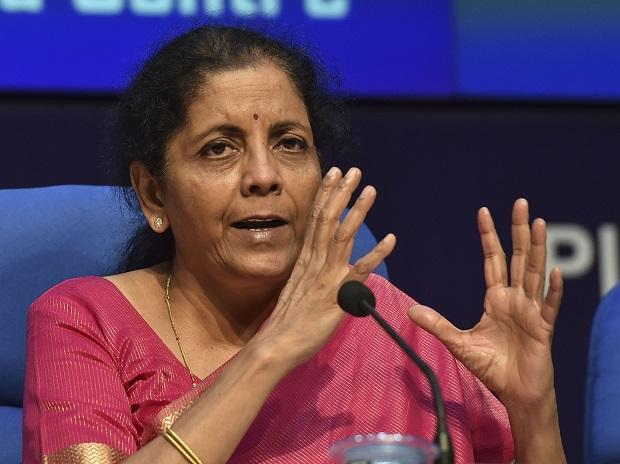[ad_1]
“Regulators should maintain a constant vigil because ensuring financial-sector stability is their shared responsibility. They must take appropriate and timely action to mitigate any vulnerability and strengthen financial stability,” Union Finance Minister Nirmala Sitharaman, who heads the FSDC, told the regulators at the meeting of the council in New Delhi.
The regulators who attended the meeting included Reserve Bank of India (RBI) Governor Shaktikanta Das, Securities and Exchange Board of India (Sebi) Chairperson Madhabi Puri Buch, Insurance Regulatory and Development Authority Chairman Debasish Panda, Pension Fund Regulatory and Development Authority Chairman Deepak Mohanty, Insolvency and Bankruptcy Board of India Chairman Ravi Mital, and International Financial Services Centres Authority Chairman Injeti Srinivas.
“The council discussed a number of issues starting with financial stability, noting that there were daunting challenges coming from the global economy … It discussed early-warning indicators for the economy,” Economic Affairs Secretary Ajay Seth told media persons after the meeting.
The meeting comes amid a number of regional bank failures in the US, with their impact spilling over to Europe.
“I can mention that there is no spillover that can come to Indian banks from the Western financial crisis,” he said.
“As for unclaimed shares and dividends, a drive should be undertaken, especially in cases where the data of the nominees is available. Where the nominee details are not there, a process has to be put in place to identify them,” Seth said.
A focused approach should be adopted by the regulators to implement the announcements made in the Budget 2023-24, and for that timelines were also decided, the ministry said.
The secretary said this meant a seamless experience for retail investors, whether they used RBI- or Sebi-regulated market infrastructure.
The council discussed debts of companies and households, a unique value proposition to take insurance to the last mile, and the support required in terms of resolving inter-regulatory issues for GIFT IFSC.
[ad_2]
Source link



